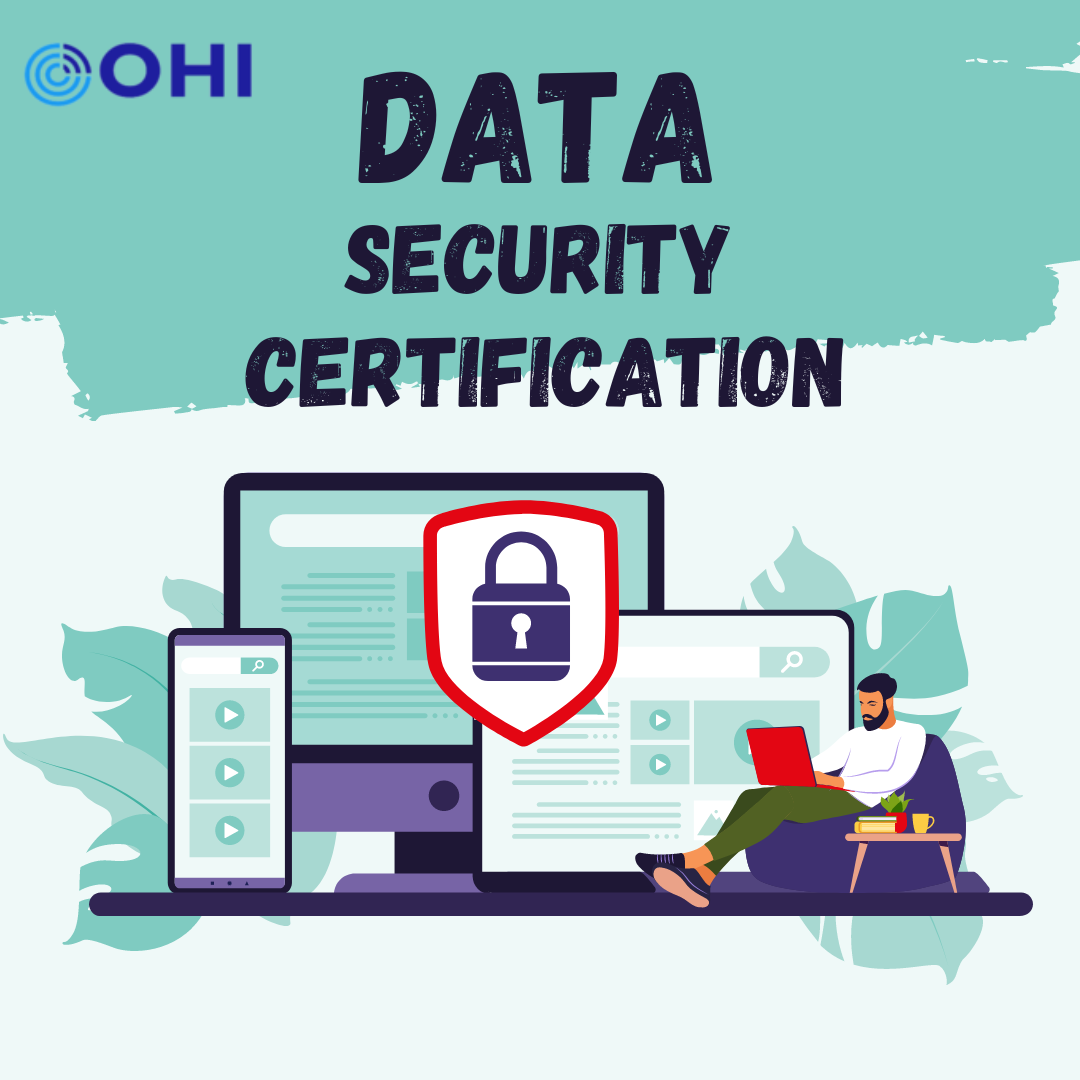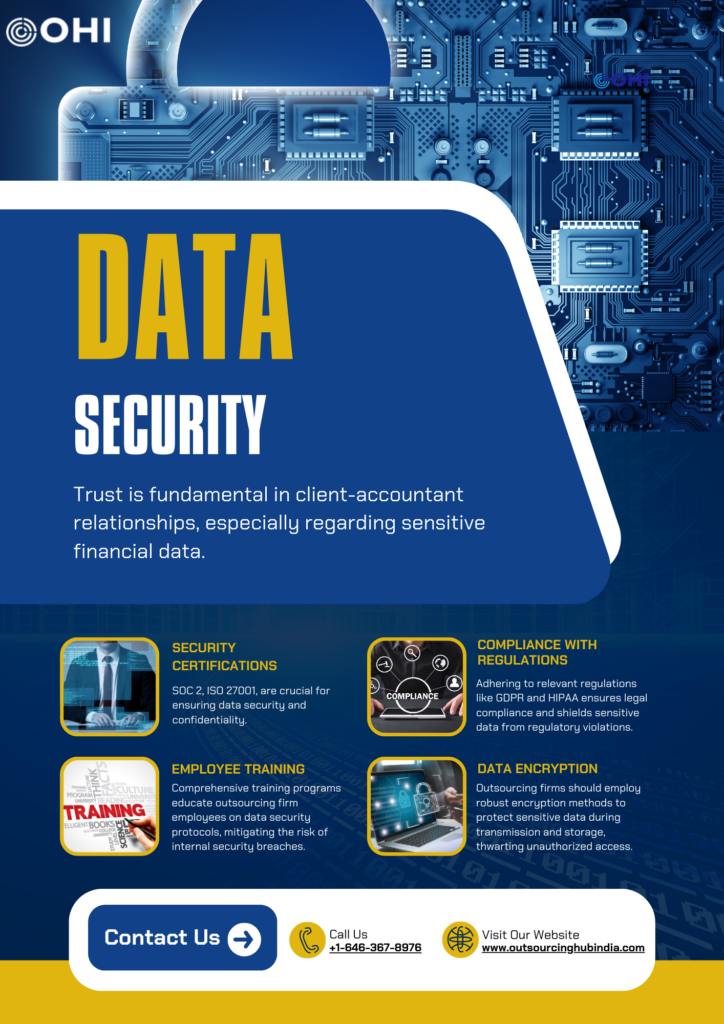
Enhancing Client Confidence: How Certifications Build Trust in Accounting Outsourcing Services
- April 11, 2024
- OHI

In today’s rapidly evolving and fiercely competitive business environment, trust reigns supreme in every interaction, particularly within the realm of accounting outsourcing services, where clients rely on firms to safeguard their confidential financial data. Given the high stakes involved, establishing and nurturing trust becomes paramount. Certifications emerge as a cornerstone in this endeavor, serving as powerful tools to instill confidence and assurance in clients. Throughout this article, we will delve into the profound impact of certifications, with a specific focus on security certifications like SOC 1, SOC 2, SOC 3, ISO 27001, PCI DSS, ISAE 3402, and SSAE 16 shedding light on their pivotal role in bolstering client trust and fostering enduring relationships in the dynamic landscape of accounting services.
Trust forms the foundation of any successful client-accountant relationship. Clients expect their financial data to be handled with the utmost care and integrity. Without trust, clients may hesitate to share sensitive information, hindering the efficiency and effectiveness of accounting services.
Certifications serve as evidence that an organization adheres to specific standards and best practices. They provide assurance to clients that the accounting firm has undergone rigorous assessments to ensure reliability, security, and compliance.
In the world of accounting, there are many certifications that cover different things like keeping data safe, making sure things are done well, and following rules. Besides the well-known ones like SOC 1, SOC 2, SOC 3, ISO 27001, PCI DSS, ISAE 3402, and SSAE 16, accounting firms really trust and like certifications such as CISA (Certified Information Systems Auditor), CRISC (Certified in Risk and Information Systems Control), and CISM (Certified Information Security Manager). These certifications are famous for checking and making sure computer systems are working right (CISA), knowing and dealing with risks in technology (CRISC), and managing how safe information is kept (CISM). When accounting firms use these certifications, it shows they’re serious about keeping things safe, doing things right, and following the rules, which helps clients trust them more.
Security certifications are particularly crucial in accounting services due to the sensitivity of financial data. Let’s delve into three prominent security certifications: SOC 1, SOC 2, SOC 3, ISO 27001, PCI DSS, ISAE 3402, and SSAE 16.

Certifications play a vital role in building trust with clients by offering several key benefits:
The impact of certifications on client confidence cannot be overstated. When clients see that an accounting firm holds prestigious security certifications such as SOC 1, SOC 2, SOC 3, ISO 27001, PCI DSS, ISAE 3402, and SSAE 16 they are more likely to trust the firm with their financial affairs. Certifications serve as tangible proof of the firm’s commitment to excellence, security, and professionalism.
Having these types of certifications is crucial for accounting firms for several reasons:
In the realm of accounting services, trust is non-negotiable. Certifications, particularly security certifications play a vital role in fostering trust and confidence among clients. By obtaining and maintaining these certifications, accounting firms demonstrate their dedication to protecting client data and upholding the highest standards of security and integrity.
Furthermore, certifications offer tangible benefits such as assurance of data security, compliance with industry standards, increased credibility, competitive advantage, long-term relationships, and continuous improvement. As clients become more discerning and security-conscious, certifications serve as powerful differentiators that can help accounting firms thrive in a competitive market. In essence, certifications not only enhance client confidence but also contribute to the overall success and sustainability of accounting firms in today’s dynamic business environment.
Contact us for a customized NO OBLIGATION proposal for outsourcing your accounting activities.







